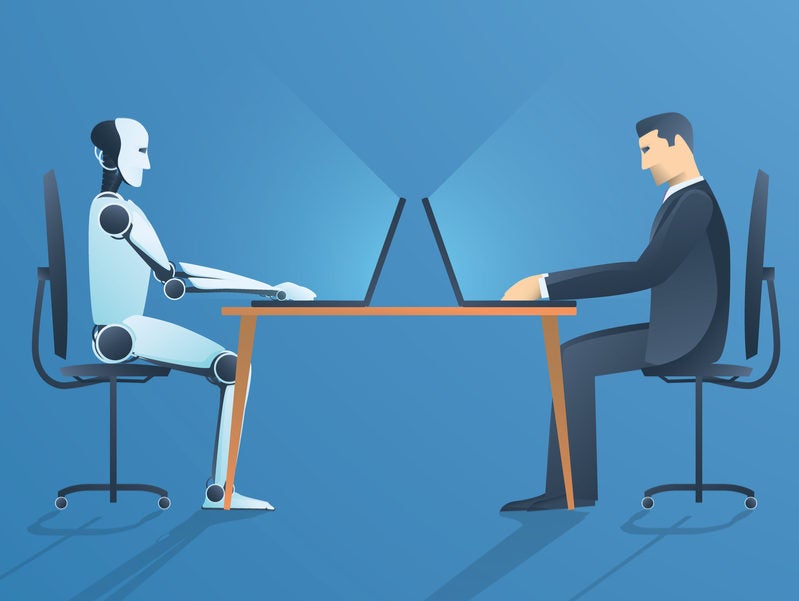
A treasure trove of historic organisation data will boost productivity in 2019, as businesses wake up to the benefits of incorporating artificial intelligence and machine learning into their workforce management practices.
That is according to The Workforce Institute, a think tank made up of business leaders from a number of leading organisations, put together by workforce management software provider Kronos, which recently released its 2019 workforce predictions.
According to the think tank, data such as scheduling accuracy, absenteeism, overtime and burnout, which organisations have been tracking for years, can be fed into predictive analytics software and used to predict issues before they arise.
A recent report published by UK-based innovation foundation Nesta found that improving data interaction could increase the productivity of a business by as much as 3%, equivalent to around £1 of GDP for each hour worked.
Changing roles
The use of intelligence automation – where artificial intelligence technology is used to make complex business decisions quickly based on historic data – will also free up time for managers that spend much of their working day handling admin tasks, such as managing schedules and approving annual leave requests, by using data to make decisions that are both fair to the employee and beneficial to the business.
While The Workforce Institute doesn’t predict that automation will cause widespread job loss, as many previously have, it has predicted that emerging technologies will pile the pressure on managers.
“As AI and machine learning take over mundane managerial tasks, freeing up managers to spend more time with their people, deficits in leadership competencies will be exposed as management expectations continue to shift from a historical command-and-control model to a horizontal style that considers all perspectives and seeks innovative ways to inspire, develop, grow, and keep the top talent that drives business value,” the think tank said.
According to the think tank, technology will prove vital as new government laws and regulations on issues such as minimum wage and sick pay come into effect, helping to safeguard against bias, fatigue and payment issues that could otherwise lead to lawsuits and regulatory fines.
Likewise, as well as overhauling the workforce, businesses will also begin to change their hiring practices, getting rid of traditional job requirements to attract a talent pool of candidates with new skills, such as coding, robotics and data analytics, that will help businesses to success in the technological age.
In this millennial-driven future, the traditional 9-to-5 workforce will continue to make way for flexible workers, who use a range of devices to work when and where, and for how long they work, this year.
“Mobile-friendly processes, self-service features, and immediate access to real-time data in a consumer-grade technology wrapper will help drive the next iteration of the flexibility phenomenon, as predictability of anytime work will empower employees to be more productive, make more intelligent decisions, and be more engaged,” the report said.



